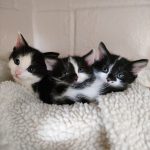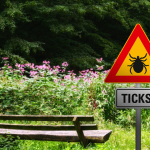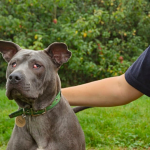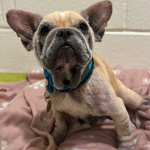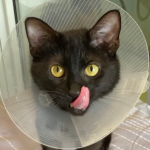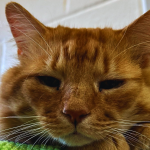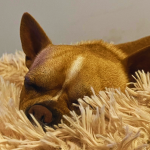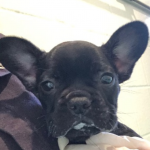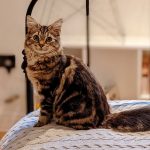
Black Cat Appreciation!
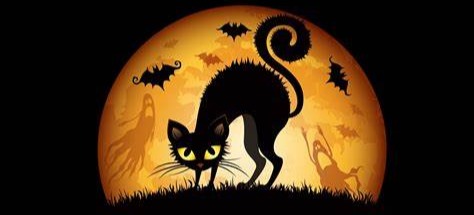
Happy Black Cat appreciation day! There’s no better time to celebrate these mystical felines than in the run up to Halloween!
Black cats come in many breeds and different types, shapes and sizes — from long haired Persians to British shorthairs, which often have a grey or blue tinge to their fur. There is only one breed of cat which has been bred to always be black — the sleek, elegant Bombay cat, which is often compared to a tiny black panther. Funnily enough, the success of Marvel’s superhero movie Black Panther actually caused a huge increase in adoptions for this breed and other black cats.
No matter the breed, all black cats are worth celebrating — and we’re here to share some fun facts that you may not already know about these incredible creatures.
Not your average felines
Rumour has it that black cats are often healthier than their colourful counterparts, and research has shown that the genetic mutation which causes their fur to be black can also provide protection against certain diseases. This means that black cats live longer on average than other breeds — as long as they’re properly cared for, of course!
Several species of wild cat have also evolved to have black fur, indicating that there may indeed be a survival benefit — although it could be as simple as black coats providing excellent camouflage for hunting!
Colour-changing kitties
Some black cat owners may notice that regular sun exposure can leave their cat’s fur a rusty brown colour. This is especially true for black cats who have tabby genes, as the sun can cause the black coloured pigment to break down, revealing their tabby stripes. This also tends to happen more as cats age, and some research has even found that black cats can change colour based on the meals they eat! Now that’s a great party trick.
You’ll also notice that lots of black cats have yellow eyes, which is often caused by the same pigment responsible for their black fur.
Spooky superstitions
Many people associate black cats with bad luck, and we have our ancestors from the Middle Ages to thank for their longstanding association with witchcraft. But did you know that in many cultures, black cats are actually considered good luck?
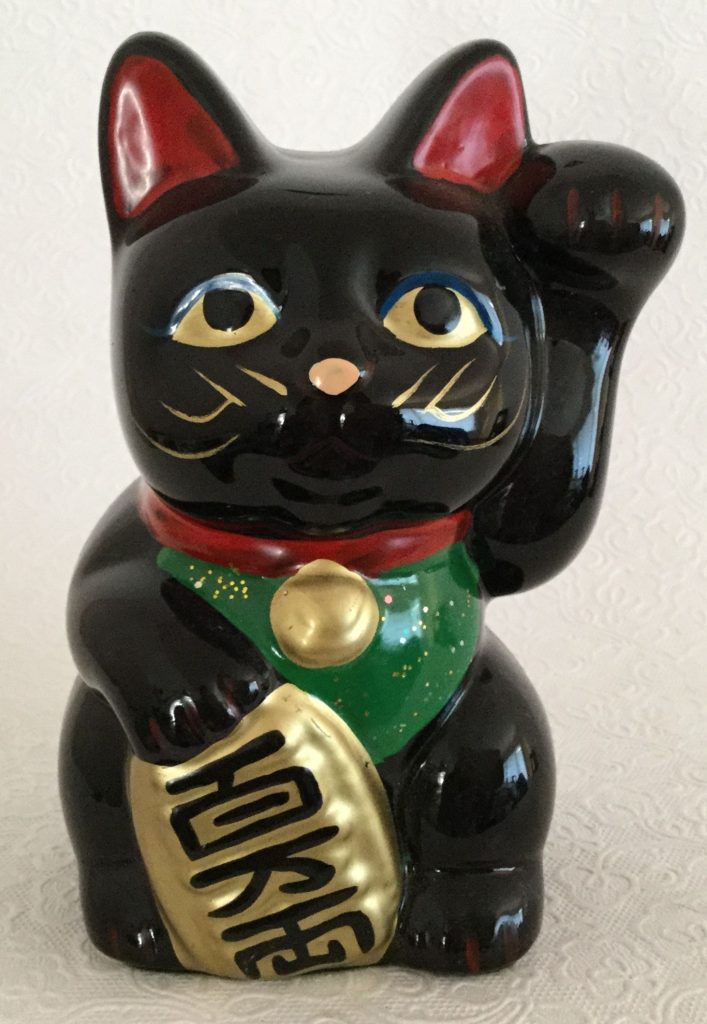
In Japan, for example, single women are believed to attract more partners if they own a black cat. In southern France, the association with magic means that black cats are often treated very well, as it is believed that this could grant a person good fortune. And over in Italy, hearing a black cat sneeze serves as a good luck omen!
In Scotland, a black cat arriving at your doorstep can be a signal of pending prosperity, and in some areas in the English Midlands, black cats are thought of as the ideal wedding gift for a bride, believed to bring them good luck and happiness. There’s also been some confusion on what a black cat crossing your path may mean — in the UK, this is considered a good omen; yet in much of Southern Europe, it supposedly signifies bad luck. In Germany, it depends which way the cat is crossing your path!
Historically, sailors brought cats aboard ships to hunt mice, and believed that a black cat would ensure the ship would return home safely. Pirates had more complicated relationship with black cats though — traditionally, it was thought that a black cat walking toward you was bad luck, away from you was good luck, and if a cat boarded the ship and then jumped off, the ship was going to sink!
Famous Furries
There have been many well-known black cats throughout history, like writer Samuel Johnson’s cat Hodge, who has been immortalised by his very own statue just off Fleet Street in London. Some black cats even been part of important historical discoveries — Matthew Flinders, who mapped the coastline along Australia, sailed with his black cat, Trim.
In more modern times, black cats have appeared many times as beloved pop culture companions — like Thackery Binx in Hocus Pocus and Salem in Sabrina, the Teenage Witch. Oscar the black cat was one of the first cats to receive prosthetic legs by veterinary surgeon, Dr. Noel Fitzpatrick.
Purrfect companions
Despite these amazing qualities and all the love they have to give, sadly it’s well known in many rescue organisations that black cats are harder to re-home than others. In fact, research by Cats Protection showed that black cats can stay in their adoption centres for up to 40% longer than other cats. This may well be due to some of the superstitions that still surround black cats, their association with bad luck, or it could simply be due to the fact that black cats are harder to photograph well — either way, there are lots of loving, loyal black cats looking for homes — so why not celebrate Black Cat Appreciation Day by showing your black cat some love on social media, volunteering at a local shelter or even considering adopting your own trusty sidekick?
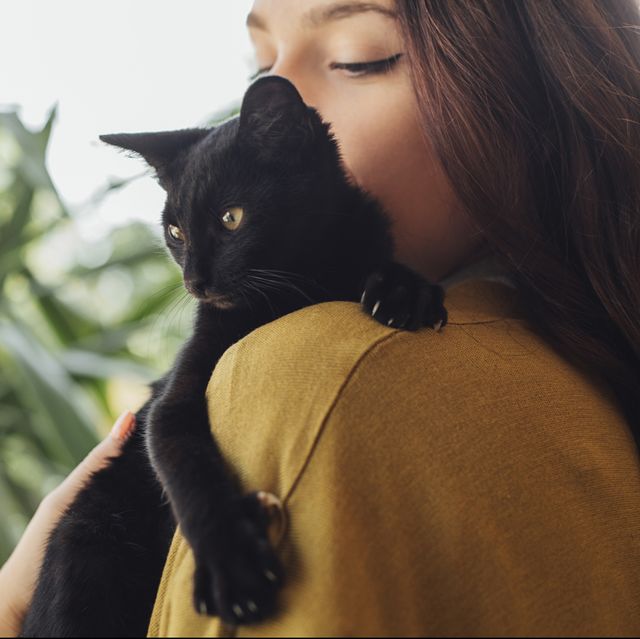
Here at the Cotswolds Dogs and Cats Home, we have lots of lovely felines looking for their forever homes — why not take a look and see if you’d be a good match for one
Categories
- Appeals (4)
- Events (7)
- News & Updates (60)
- Happy Tails (22)
- Past Appeals (80)
- Past Events (88)
- Support & Advice (42)
- Challenge Events (2)
Recent Posts
Related posts


Petplan’s Animal Charity Team of the Year!

Unusual Dog Names

Warning Signs Of Heatstroke In Dogs

To report cruelty or an animal in distress call 0300 1234 999
















